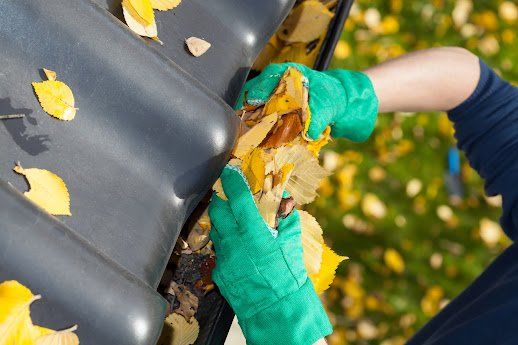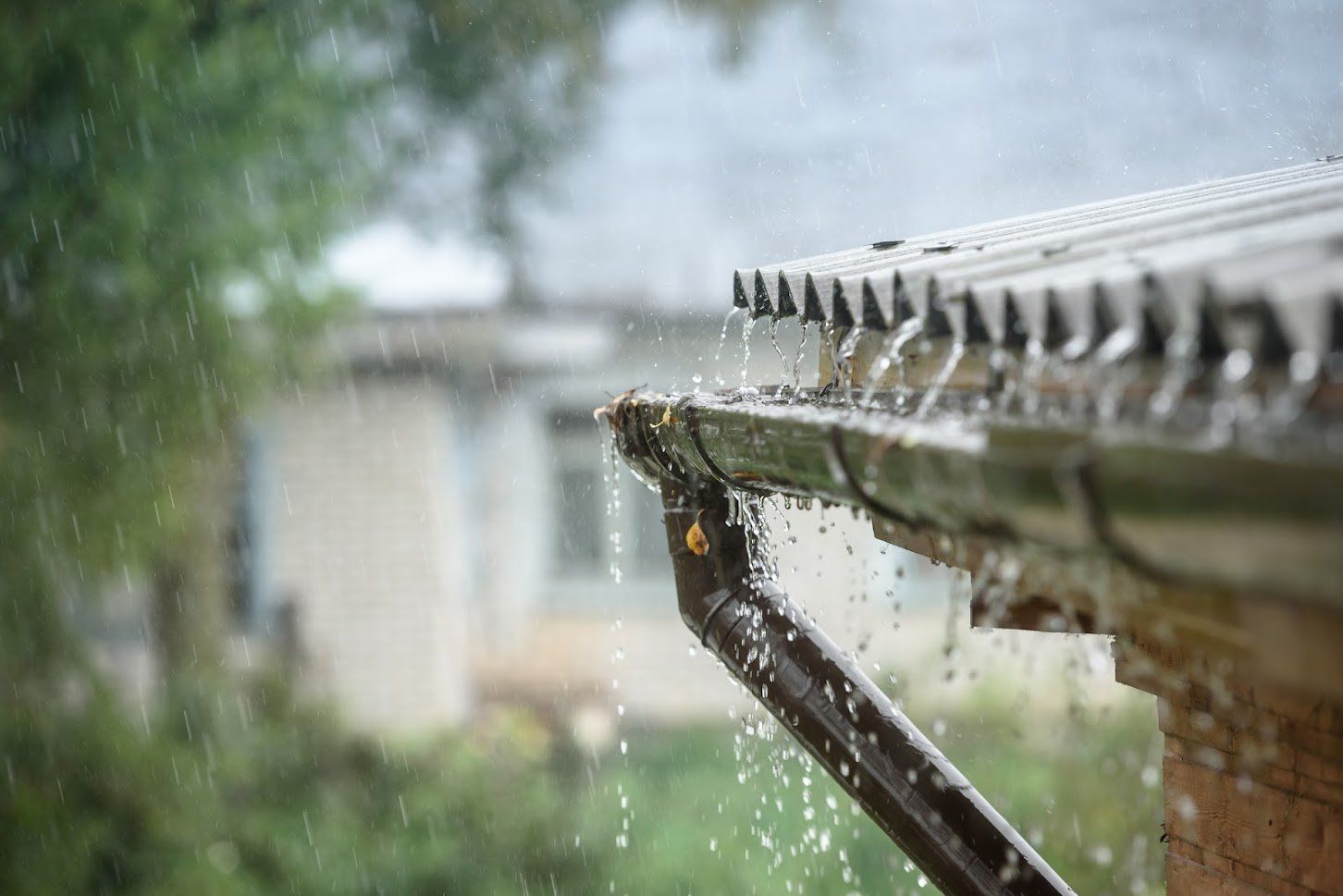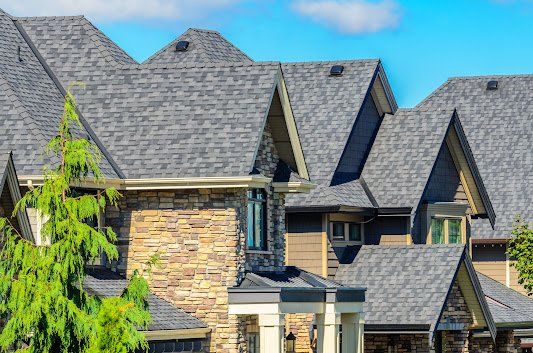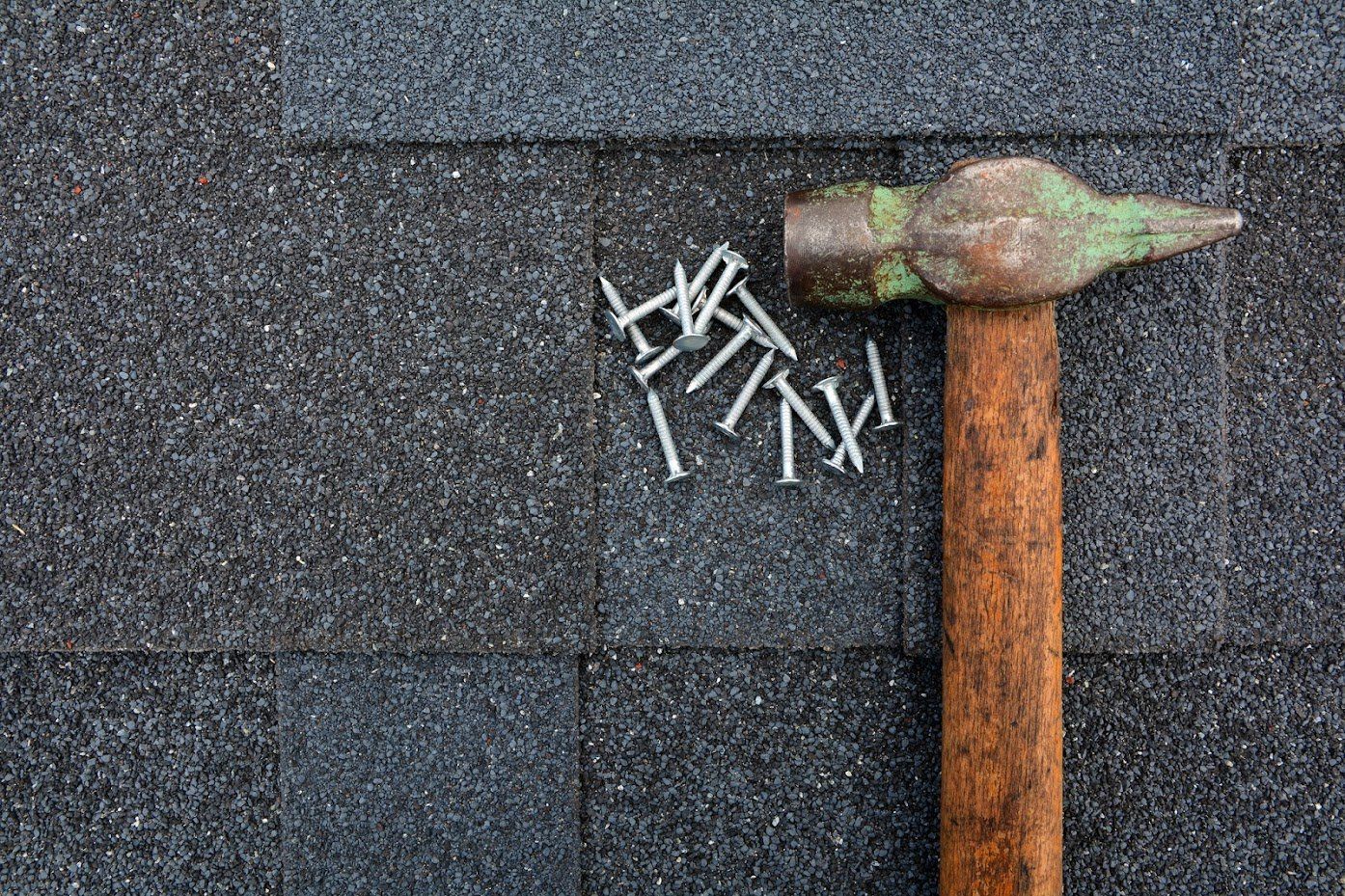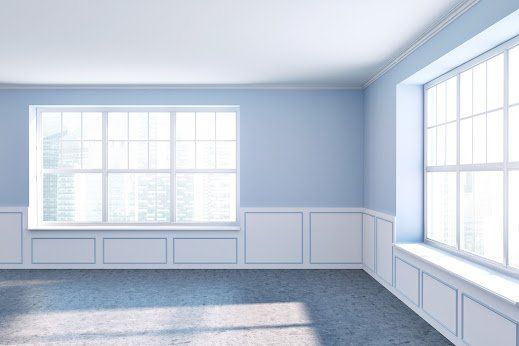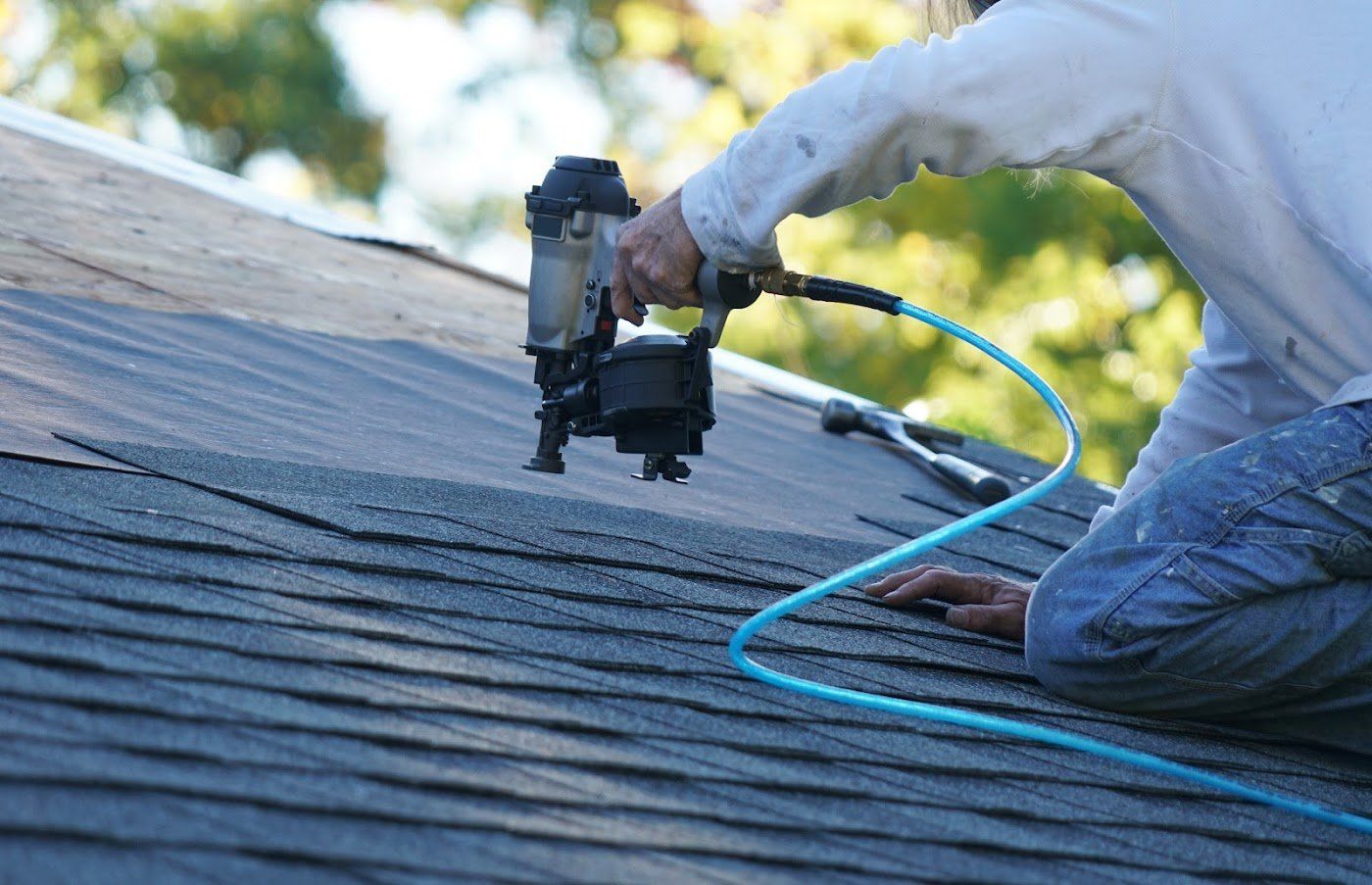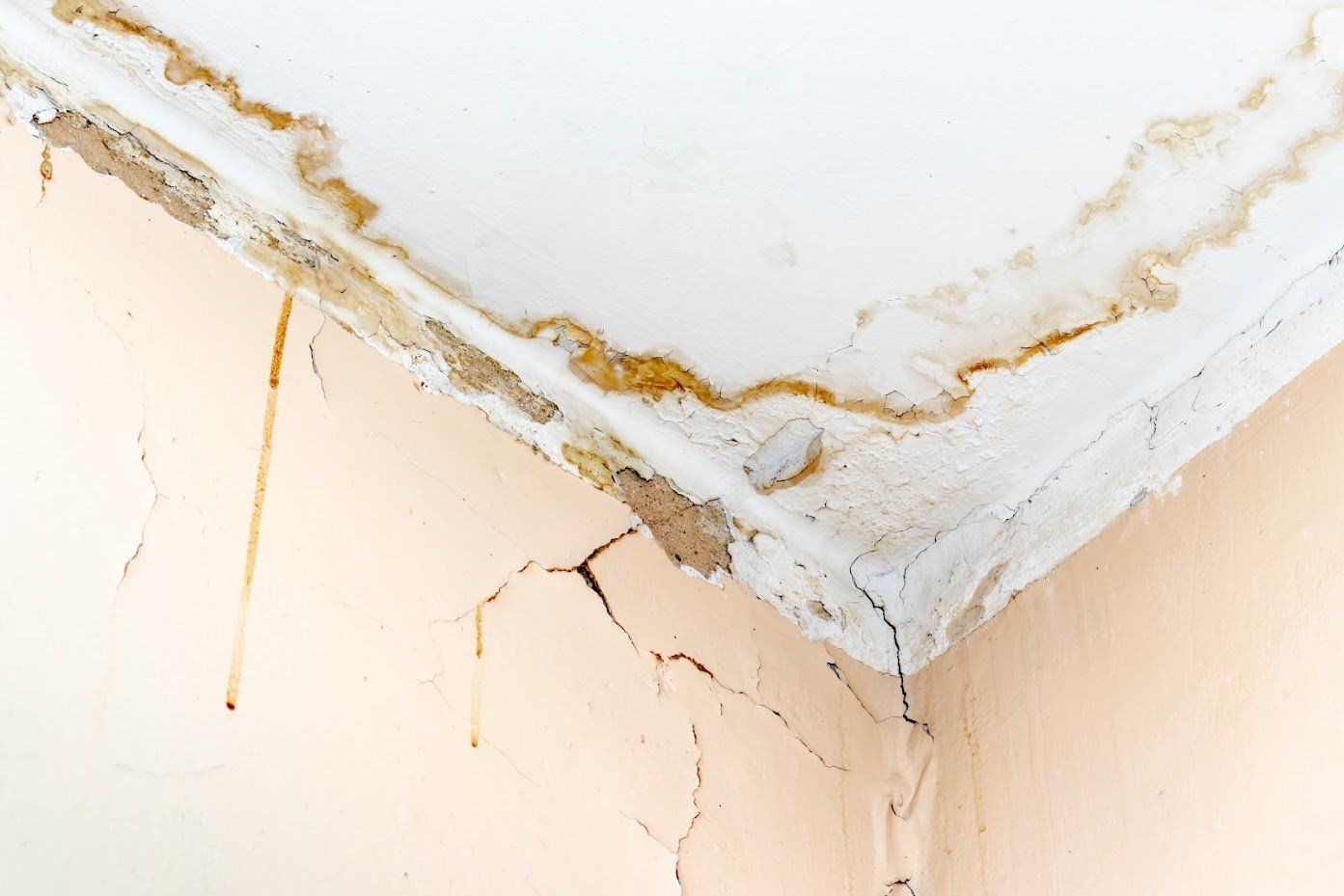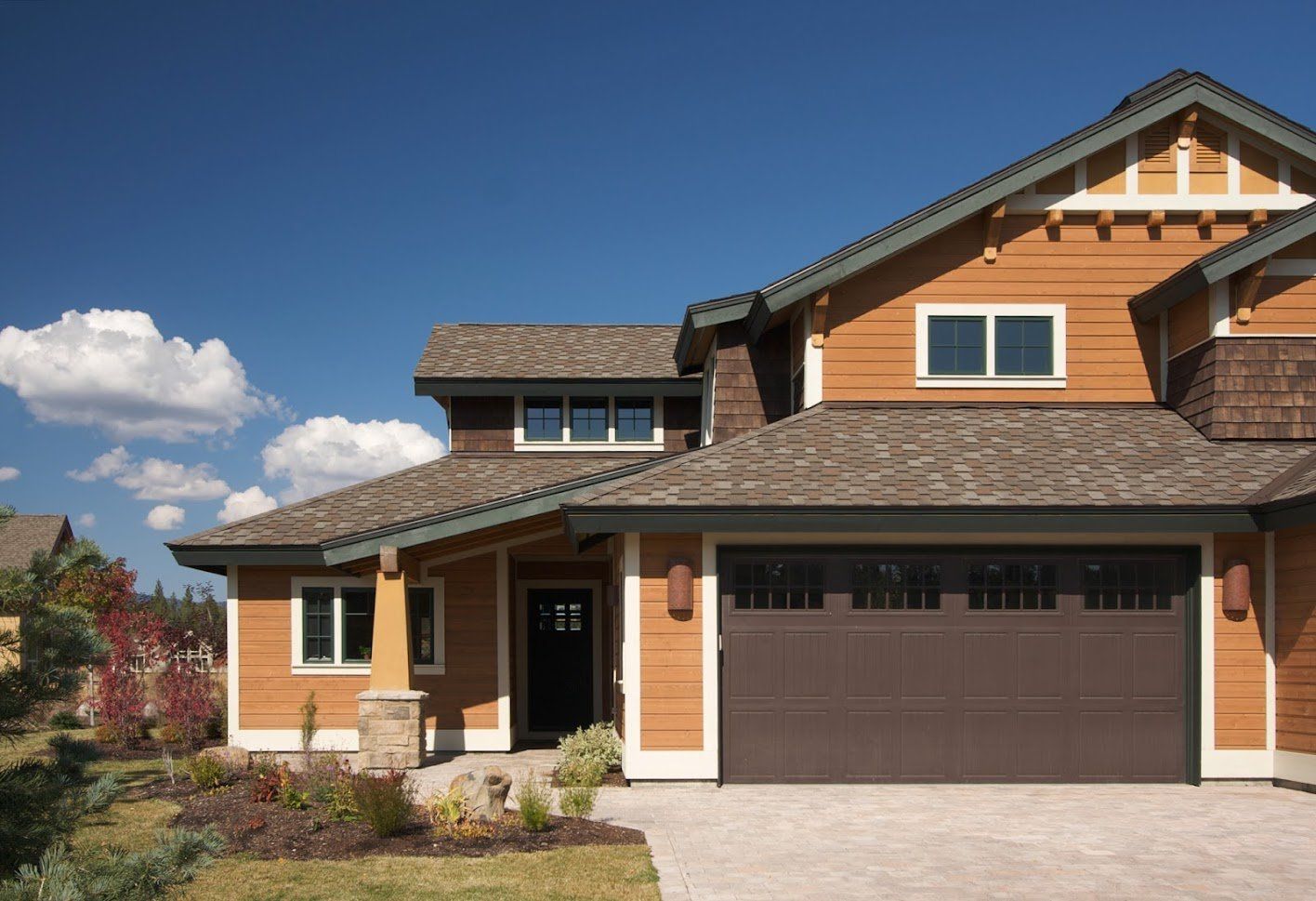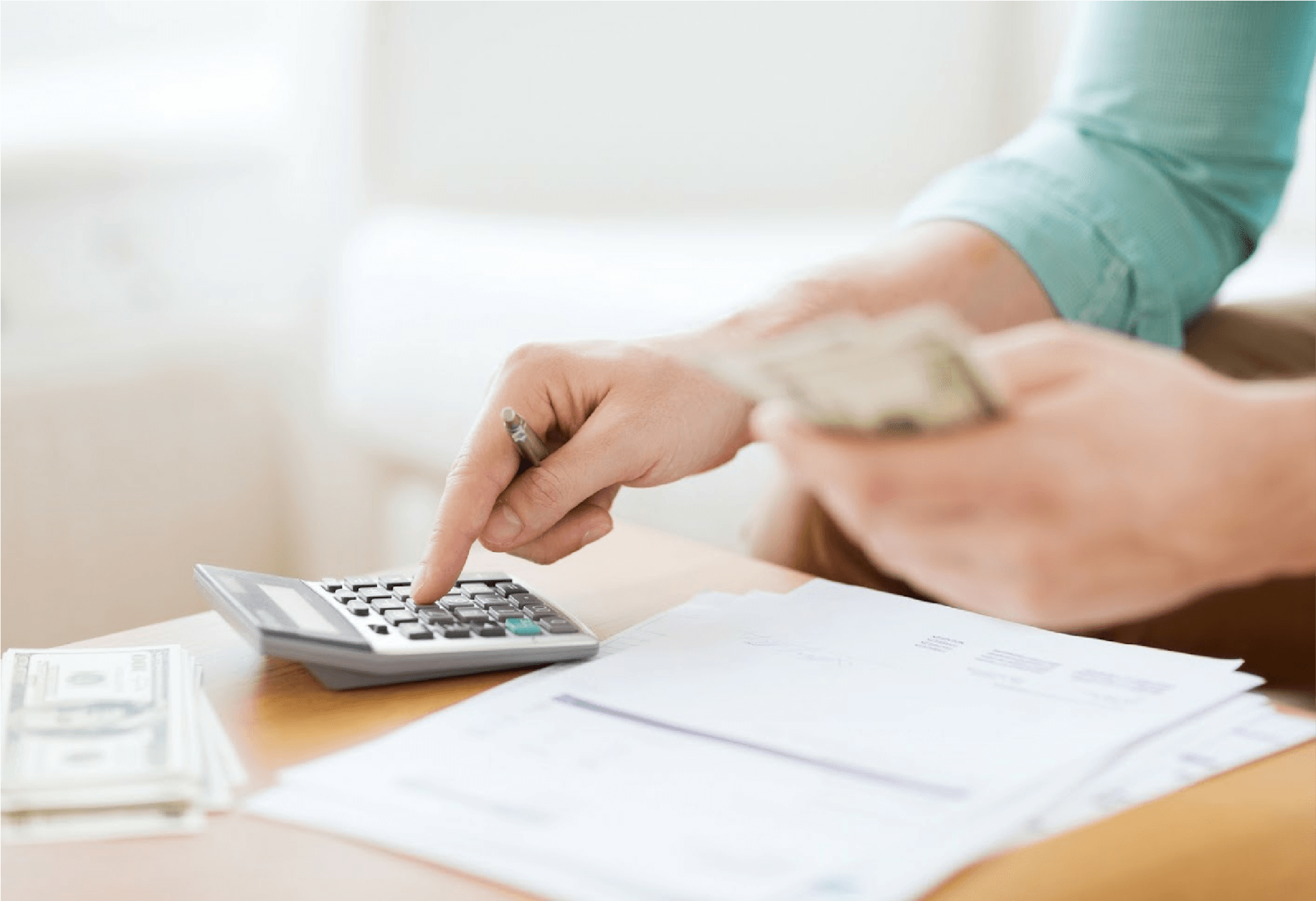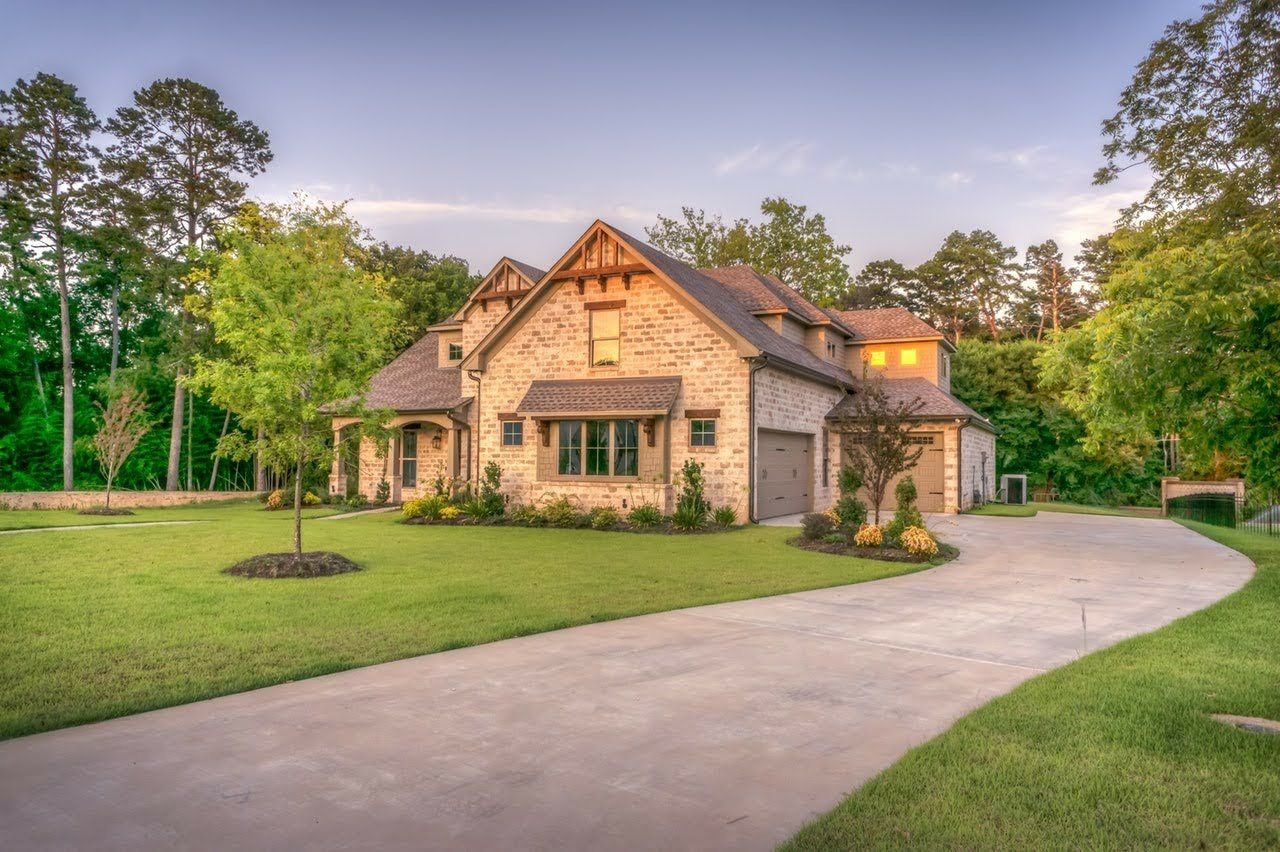Pros and Cons of Vinyl Siding
- By Admin
- •
- 25 Aug, 2021
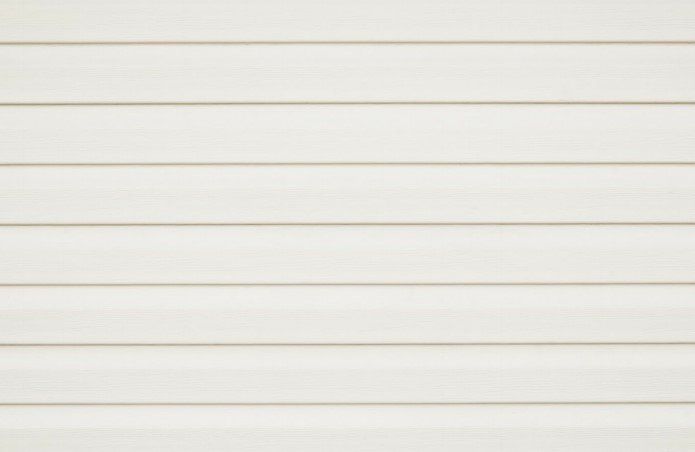
Are you in the market for new siding? Have you thought about vinyl siding but are still unsure? Vinyl siding is easy to maintain, an excellent home insulator, and affordable, but it has its disadvantages.
Discover the advantages and disadvantages of vinyl siding.
Advantages
A significant benefit of vinyl siding is the ability to withstand harsh natural elements, making this a durable choice. Vinyl siding is manufactured from plastic resin (PVC). The plastic can't rot from exposure to moisture, nor will it chip or warp, unlike wood; it holds up its integrity against the sun, wind, and rain.
Additionally, besides the PVC being waterproof, you also do not have to worry about paint loss or thermal shock from the plastic swelling or contracting. Therefore, this siding ensures a longer lifespan.
Another great benefit of vinyl siding is its cost-effectiveness. As vinyl is made from plastic, it is less expensive to manufacture, purchase, and install than other siding options like wood.
Vinyl is versatile and offers multiple selections in terms of styles, textures, and colors. Whichever shade you like from green, blue, red, grey, brown, black, white, or taupe, you can't go wrong with the color and design of your choice.
Other great benefits of vinyl include low maintenance, excellent home insulation, and ease of repair. Among the most significant concerns of different siding options like wood is pest damage, water damage, or sun damage. These concerns mean regular maintenance, which is eliminated with vinyl siding as the plastic is pest-resistant and water-resistant. Moreover, the plastic never peels nor flakes; therefore, you will not have to worry much about its appearance.
With insulation, vinyl is an excellent heat insulator that can help prevent heat loss in the house, helping you save on your energy bills, especially in the winter season.
Disadvantages
Unfortunately, the PVC plastic used to construct the vinyl siding can release toxins upon exposure to high heat. This means that it can present as light hazard to the house occupants. Moreover, with prolonged exposure to sunlight, the vinyl siding may bend or crack under pressure.
Also, consider water resistance. While this advantage means that you will not have to worry about water accumulation on the siding, this does not mean that other home elements will not get moisture damage. The beams around the house structure are wooden, and while the siding may resist water, moisture can seep through the siding and cause water accumulation around the wooden beam.
Another disadvantage with vinyl siding is that darker shades of siding may fade upon prolonged exposure to sunlight. On top of that, you can't repaint the siding if it fades. Instead, you have to replace the siding altogether, which means more expenses.
The last disadvantage is that the siding may break once it has served its lifespan. On average, vinyl may last well over 20 years, but after that, the siding can become brittle and easily crack with heavy rains and strong winds, which means it becomes unsafe to have around your home. What's more, not only do the panels break off, the nailing helms can also lose their integrity, which is a considerable concern, especially during season changes.
Is Vinyl Siding the Choice For You?
Now you know the good and the bad of vinyl siding. Even though the disadvantages might mean increased expenses, the advantages usually outweigh the disadvantages.
To learn more about vinyl siding or schedule an installation, repair, or replacement, reach out to us today, and let us help you. We are happy to answer any questions or concerns you may have and protect your home with the best vinyl siding possible.
Discover the advantages and disadvantages of vinyl siding.
Advantages
A significant benefit of vinyl siding is the ability to withstand harsh natural elements, making this a durable choice. Vinyl siding is manufactured from plastic resin (PVC). The plastic can't rot from exposure to moisture, nor will it chip or warp, unlike wood; it holds up its integrity against the sun, wind, and rain.
Additionally, besides the PVC being waterproof, you also do not have to worry about paint loss or thermal shock from the plastic swelling or contracting. Therefore, this siding ensures a longer lifespan.
Another great benefit of vinyl siding is its cost-effectiveness. As vinyl is made from plastic, it is less expensive to manufacture, purchase, and install than other siding options like wood.
Vinyl is versatile and offers multiple selections in terms of styles, textures, and colors. Whichever shade you like from green, blue, red, grey, brown, black, white, or taupe, you can't go wrong with the color and design of your choice.
Other great benefits of vinyl include low maintenance, excellent home insulation, and ease of repair. Among the most significant concerns of different siding options like wood is pest damage, water damage, or sun damage. These concerns mean regular maintenance, which is eliminated with vinyl siding as the plastic is pest-resistant and water-resistant. Moreover, the plastic never peels nor flakes; therefore, you will not have to worry much about its appearance.
With insulation, vinyl is an excellent heat insulator that can help prevent heat loss in the house, helping you save on your energy bills, especially in the winter season.
Disadvantages
Unfortunately, the PVC plastic used to construct the vinyl siding can release toxins upon exposure to high heat. This means that it can present as light hazard to the house occupants. Moreover, with prolonged exposure to sunlight, the vinyl siding may bend or crack under pressure.
Also, consider water resistance. While this advantage means that you will not have to worry about water accumulation on the siding, this does not mean that other home elements will not get moisture damage. The beams around the house structure are wooden, and while the siding may resist water, moisture can seep through the siding and cause water accumulation around the wooden beam.
Another disadvantage with vinyl siding is that darker shades of siding may fade upon prolonged exposure to sunlight. On top of that, you can't repaint the siding if it fades. Instead, you have to replace the siding altogether, which means more expenses.
The last disadvantage is that the siding may break once it has served its lifespan. On average, vinyl may last well over 20 years, but after that, the siding can become brittle and easily crack with heavy rains and strong winds, which means it becomes unsafe to have around your home. What's more, not only do the panels break off, the nailing helms can also lose their integrity, which is a considerable concern, especially during season changes.
Is Vinyl Siding the Choice For You?
Now you know the good and the bad of vinyl siding. Even though the disadvantages might mean increased expenses, the advantages usually outweigh the disadvantages.
To learn more about vinyl siding or schedule an installation, repair, or replacement, reach out to us today, and let us help you. We are happy to answer any questions or concerns you may have and protect your home with the best vinyl siding possible.



